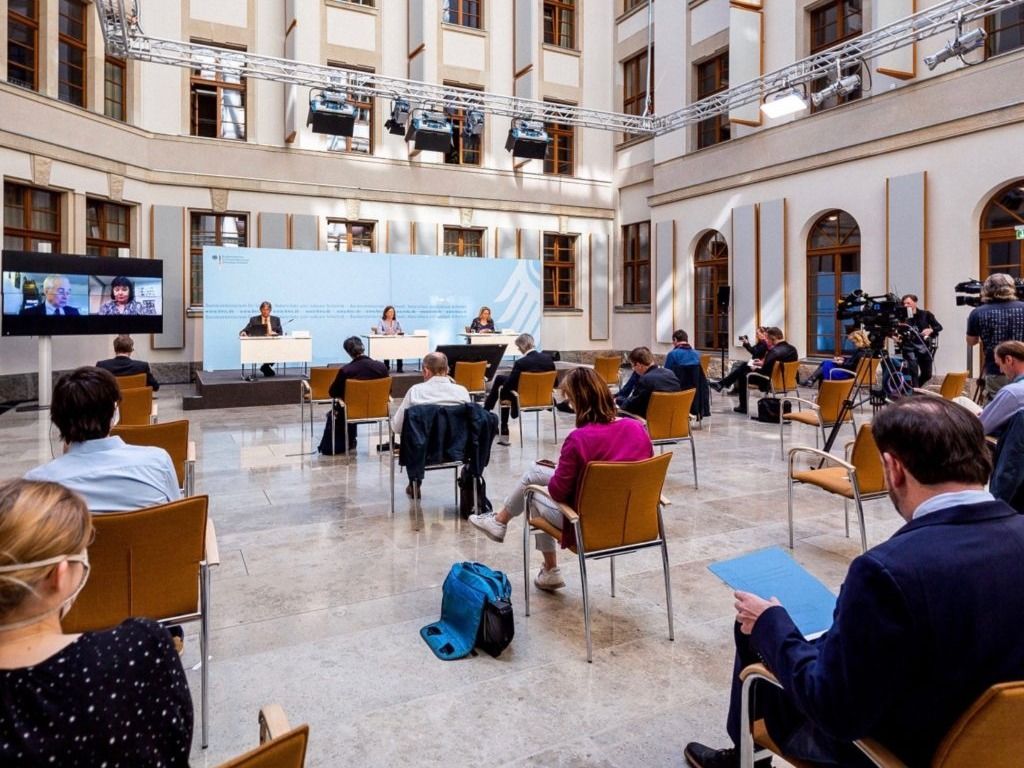Some good can come out of the COVID-19 pandemic if world leaders use it to "rebuild our world for the better" by investing in clean energy to slow global warming, U.N. Secretary-General Antonio Guterres said on Tuesday.
The coronavirus pandemic has infected more than 3 million people and killed at least 211,000 globally, according to Johns Hopkins University and Google data trackers. Its economic and societal shocks also have been devastating. Schools and businesses have closed, confining children to their homes and throwing millions out of work. Poor and vulnerable populations have been especially hard hit.







